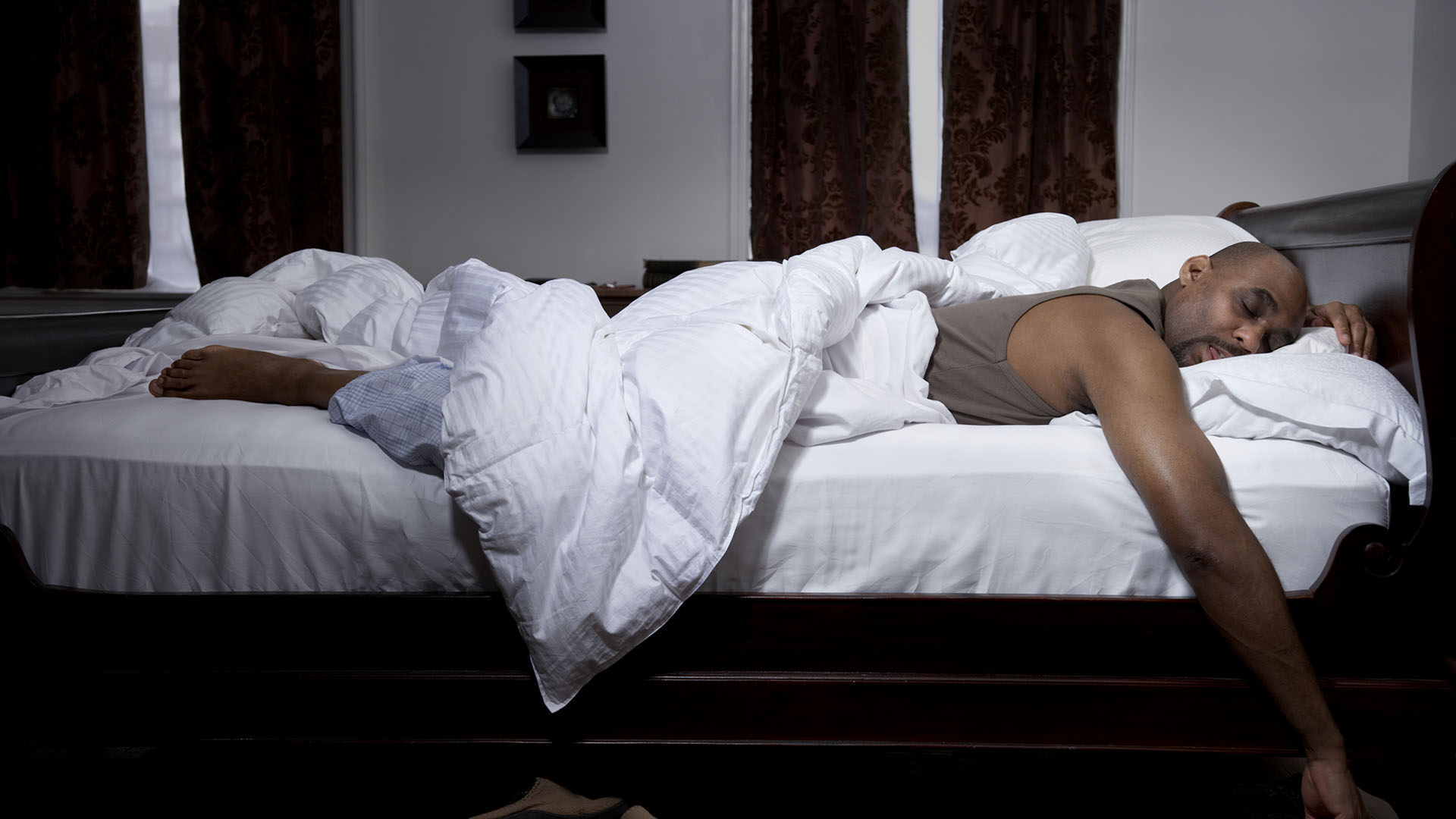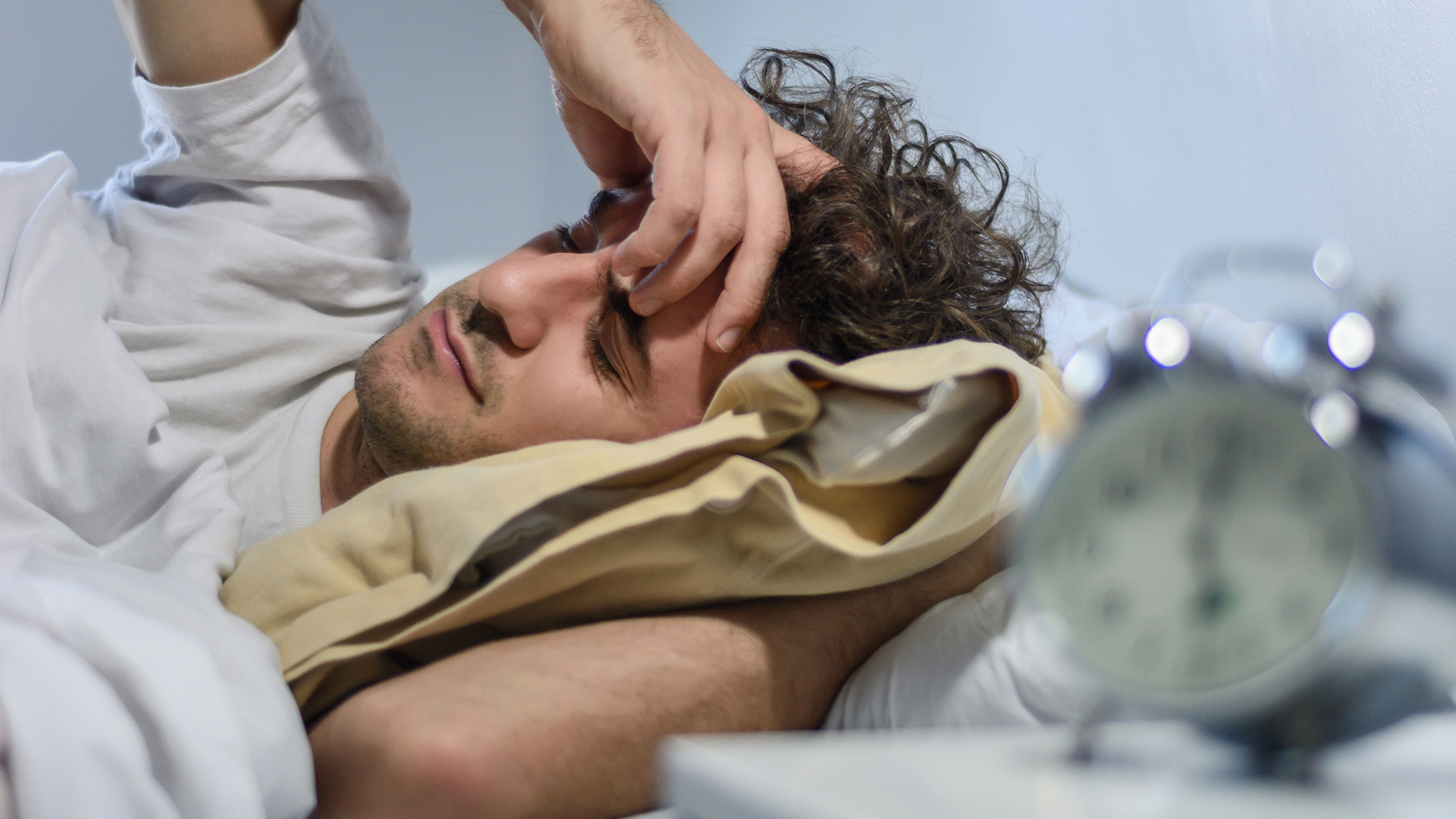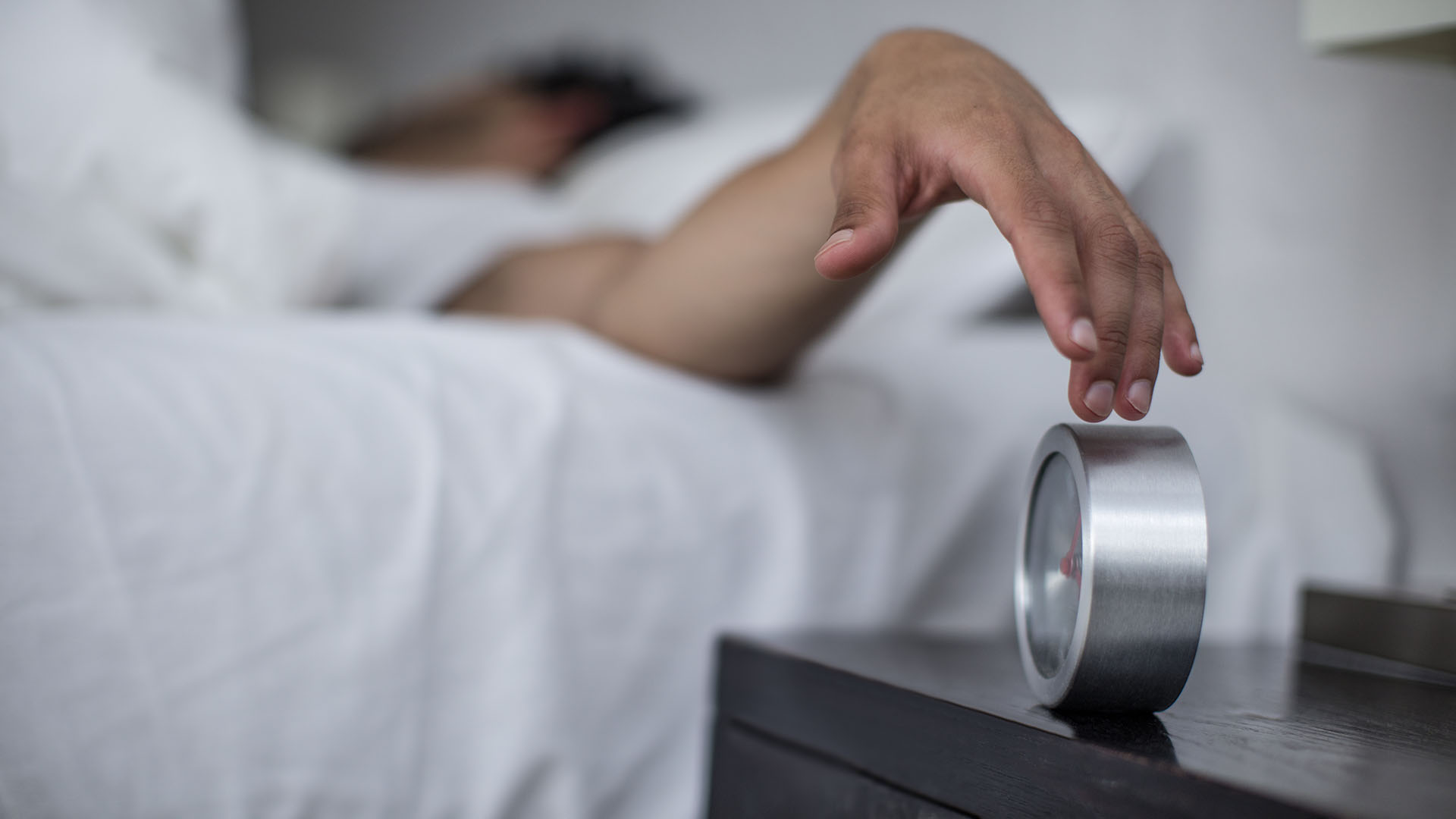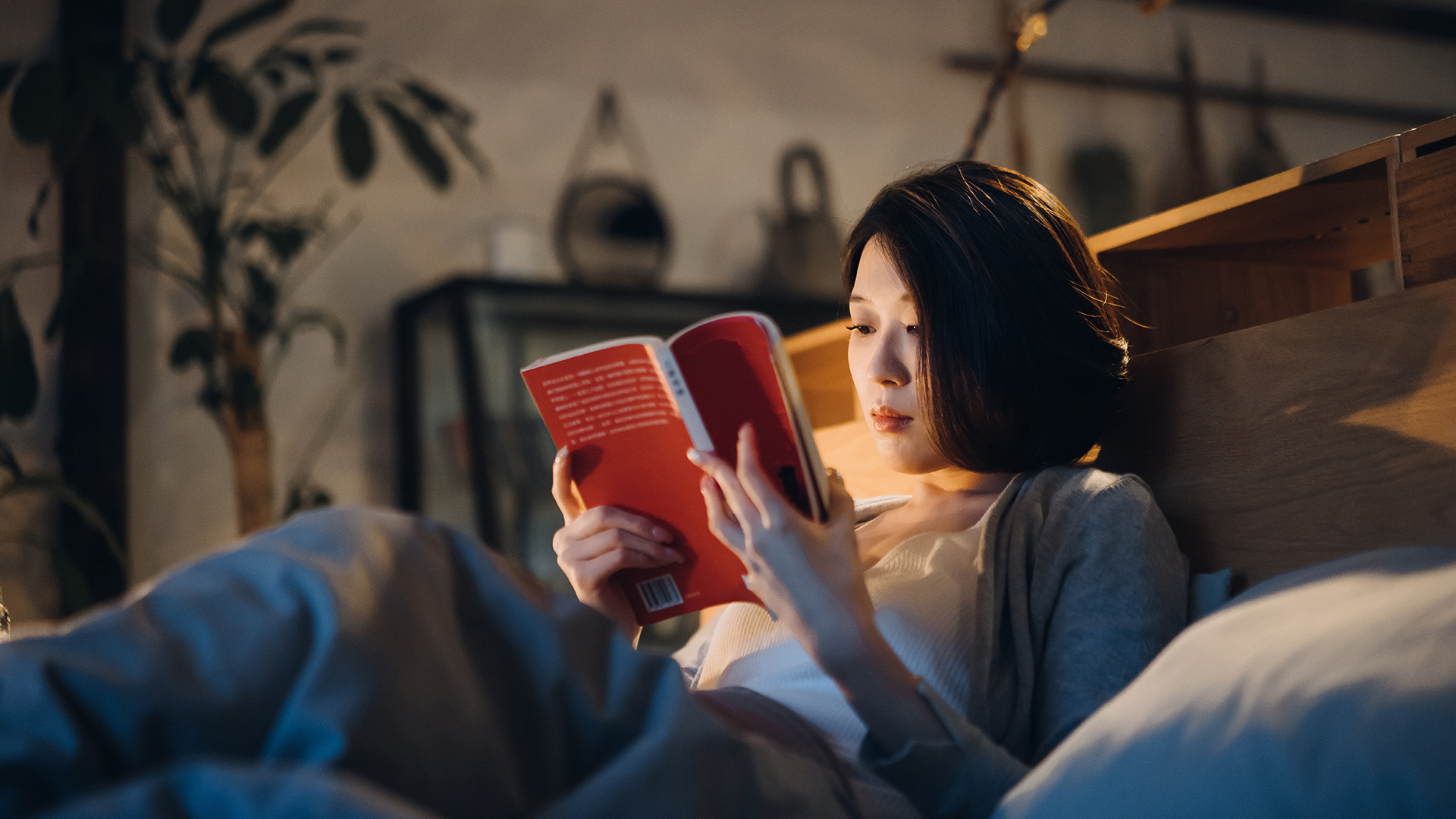When you purchase through links on our site, we may earn an affiliate commission.Heres how it works.
To do this, it’s essential to have a sleep setup that supports your needs.
Want to give sleep banking a go?

What is sleep banking?
Sleep banking is a method that involves accumulating extra sleep before a period of less sleep.
These results have been supported by further research.

How does sleep banking work?
It offers something like protection against the effects of sleep deficiency.
Sleep debt is the cumulative effect of frequently missing out on the amount of rest your body needs.

Both sleep debt and sleep banking rely on a cumulative effect just in the opposite direction.
And this is where sleep banking comes in.
Sleep banking can be an important tool inpreparing for Daylight Saving Time sleep loss.

“Having a plan to deal with jet lag, especially for long-haul journeys, is critical.
I would prepare for this no different from having travel vaccinations or medications on hand for altitude sickness.”
But it’s one we can all make use of, with some careful planning.

And sleep banking can’t be a cure-all for a lack of good sleep habits.
Its also important to avoid regularlyoversleeping, which can have a damaging effect on your physical and mental health.
Instead, slowly add to your reserve in the days leading up to your expected sleep disruption.

Using data takes out any guesswork, and wearables likeOura Ringmake it simple and easy to track sleep metrics.
Aim to keep your naps under 30 minutes and set an alarm to stop yourself from oversleeping.
Avoid napping late in the afternoon, as this can make it harder drift off at night.
A sleep-friendly evening routine helps you wind-down and relax, making it easier to drift off and stay slumbering.
A good nightly routine should be calming, so structure it around activities that you find relaxing.
And avoid anything stressful, especially work.
Put down screens that useblue lightin the hour before bed, as this can disrupt your circadian rhythm.
Think about what youre eating and drinking before bed.
Dont drink caffeine in the afternoon, as it can take a while for the effects to wear off.
And avoid eating big meals late at night.
Eating sends your body into digestion mode not sleep mode, andlying down after eatingcan lead to indigestion.
If youre looking to create a bedtime routine ahead of sleep banking, try using the10-3-2-1-0 sleep rule.